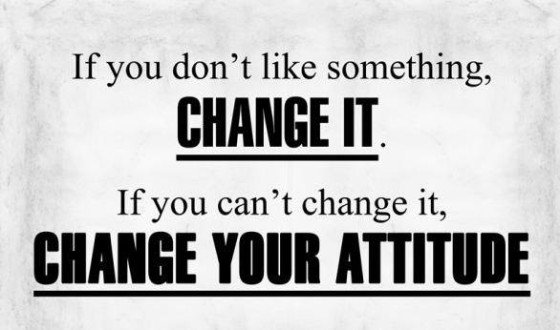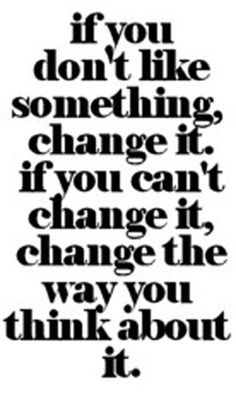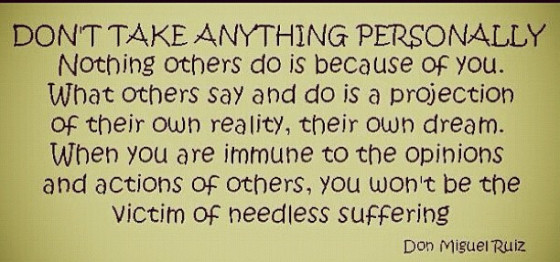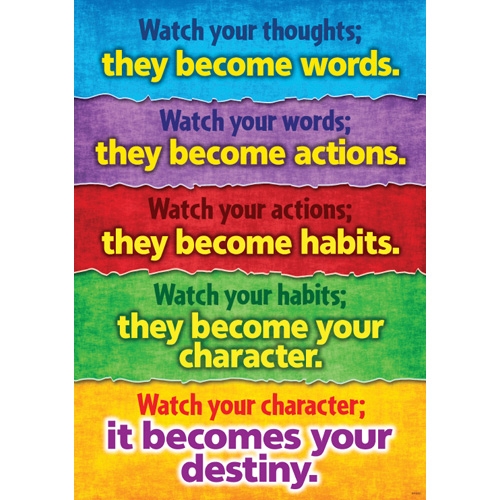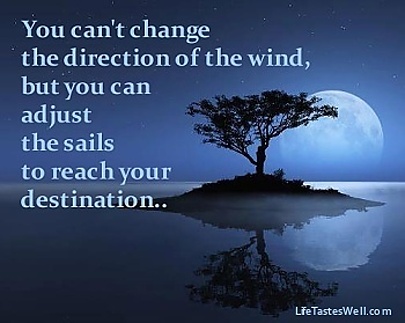
The following post is by Karla Downing, M.A., Licensed Marriage and Family Therapist, author and founder of ChangeMyRelationship. Karla grew up in a dysfunctional family and eventually found herself in a difficult marriage.
Through her personal struggles, she discovered biblical and practical principles she now teaches to others to change their lives and relationships.
This post is help for children who find themselves in a difficult relationship with their stepparent.
You didn’t want your parents to divorce. You didn’t ask to be in a step family. You don’t like having to deal with your stepparent. You’d like to have your bio parents living together. If you haven’t figured it out yet, you don’t always get what you want in life. You get what you get and you can only choose how to handle it. So, how do you deal with your stepparent in a way that makes your life better?
Accept What You Can’t Change
One of the most important things to learn in life is to accept the things you truly can’t do anything about.
People spend lots of wasted energy wishing things weren’t like they are and fighting the fact they are. Once you accept that it is, you can move on to figuring out how to handle it.
Adapt in Your Own Best Interest
You are the expert on your life. You get to decide what makes life better for you. You have to decide what is important enough for you to talk about, important enough for you to say no to, important enough for you to make a big issue over.
Then, you also get to decide what you can just go along with, ignore, and do that gets you what you want in the long run and makes life easier for you.
Set Boundaries When you Need To
If there are unacceptable things going on that are wrong, damaging, dangerous, immoral, or just completely not okay with you, then you have to take a stance to protect yourself. This can mean you involve your other parent or another adult outside the situation or you firmly say no.
This may have repercussions since not all adults accept the fact that you have a right to say no and it may be seen as disobedience, so take that into consideration as you make your decision.
Detach and Don’t Take Everything Personal
People aren’t perfect. Bio parents aren’t perfect. Things wouldn’t have been perfect for you even if your parents stayed together. Try to detach from a lot of the stuff that happens. When you detach, you view everything from an outside observer’s perspective.
It helps you see your part in the problems. It helps you see your step parent is a person with feelings and opinions. It helps you view things more from your brain instead of your emotions. It helps you realize that your parent has to go along with their spouse, your step-parent, because they are married not because he/she is against you.
Talk Without Attacking
Let your parent and/or step parent know you are trying, but are having a hard time with certain situations. Talk about it respectfully and approach it from a problem solving stance because you are more likely to get cooperation. If you threaten, attack, or over-react, you will get defensiveness, anger, and resistance.
That is the way people are so if your goal is to get your step parent and parent to hear your concerns, present it in a way that will make that happen. If no one will listen, find an adult you trust outside the family to talk to so you can get some support and advice.
Watch Your Thoughts
Thoughts produce emotions which then result in actions. Change your thoughts and you can change your emotions and actions. Don’t stir up resentment by focusing on the inequities. Figure out a different way to think about them.
Don’t stir up the dislike. Instead, find something positive about your parent and step-parent. Think in ways that make you feel better about the situation and you will act in ways that make your life better.
Karla Downing offers relationship help as a speaker, author, licensed Marriage and Family Therapist, Bible study teacher, and mentor for women and men in difficult relationships.
She has a strong background in recovery through personal involvement and as the leader of a church-based Twelve Step recovery program at Yorba Linda Friends Church, Friends in Recovery. She also teaches these principles to lay counselors, Stephen Ministers, pastors, and Women’s ministry and small group leaders.
Karla’s passion is to see individuals, marriages, and families set free from the chains of dysfunction, misunderstanding, and emotional pain through a correct understanding of what the Bible teaches about relationships.
Her book “When Love Hurts: 10 Principles to Transform Difficult Relationships” will provide you with practical relationship tools to deal with your difficult relationships. Here is the link for more information: http://www.changemyrelationshi


